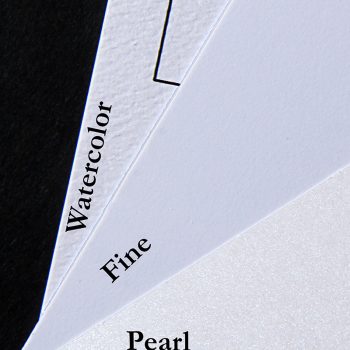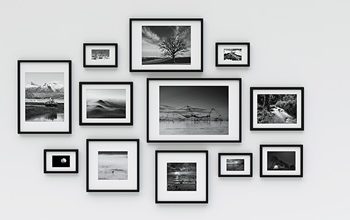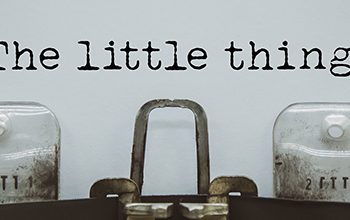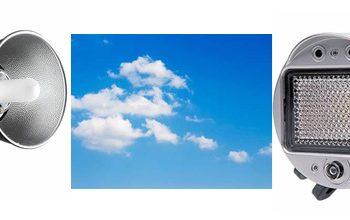Whether mirrorless cameras or DSLRs are better depends on your specific needs, preferences, and the type of photography you plan to pursue. Both types of cameras have their own advantages and disadvantages.
Regardless of which type of camera, I still tend to like a camera with a little bulk and weight. It might be because of my background with film cameras in much of my earlier career or it’s the belief of – “if it’s heavy it’s expensive”. LOL But seriously, something too small and light just doesn’t feel right to me. Weight has nothing to do with the performance or quality of the camera. It’s just an attitude.
So, as with anything in life, attitude is a big part of success. I’ve always liked technology and the benefits of that progress. There’s no doubt mirrorless is the future of cameras. There are so many benefits that come with that technology and it will just keep growing as that is the technology everyone is investing in.
So what’s right for you? Maybe you are considering your first major investment in a pro camera? Or maybe you’re a seasoned professional but it’s time to get some new gear? Here’s a comparison to help you decide:
Mirrorless Cameras: Advantages:
- Size and Weight: Mirrorless cameras are generally smaller and lighter than DSLRs due to the absence of a mirror box and optical viewfinder.
- Electronic Viewfinder (EVF): Mirrorless cameras often come with electronic viewfinders that provide a real-time preview of how your photo will look, allowing for better exposure and composition.
- Faster Autofocus: Mirrorless cameras often have faster and more accurate autofocus systems due to on-sensor phase-detection technology.
- Video Performance: Many mirrorless cameras excel at video recording with features like 4K and even 8K video, in-body stabilization, and better autofocus during video recording.
- Adaptability: Mirrorless cameras can often use a wider range of lenses through adapters, making them more versatile for photographers with existing lens collections.
- Silent Shooting: Mirrorless cameras can operate in silent mode since there’s no mirror slap, making them ideal for quiet environments.
Disadvantages:
- Battery Life: Mirrorless cameras tend to have shorter battery life compared to DSLRs due to the power needed to run the electronic viewfinder and continuous live view.
- Lens Selection: While mirrorless lens options are growing rapidly, DSLRs often have a more extensive range of native lenses available.
- Durability: Some professional DSLRs offer better weather-sealing and durability compared to certain mirrorless models.
DSLRs (Digital Single-Lens Reflex Cameras): Advantages:
- Optical Viewfinder: DSLRs use an optical viewfinder, which provides a direct optical view through the lens, often preferred by some photographers for its real-time optical experience.
- Battery Life: DSLRs typically have longer battery life due to their simpler optical viewfinder system.
- Lens Selection: Many DSLR systems have a wider variety of lenses available, especially for niche or specialized photography needs.
- Durability: Professional-grade DSLRs often have robust build quality and better weather-sealing, making them suitable for rugged environments.
Disadvantages:
- Size and Weight: DSLRs are usually larger and heavier due to the presence of a mirror box and optical viewfinder.
- Autofocus in Live View: DSLRs tend to have slower and less accurate autofocus in live view mode compared to mirrorless cameras.
- Video Performance: While many DSLRs offer video recording capabilities, they might not be as advanced as those found in mirrorless cameras.
In summary, if size, portability, and advanced features like rapid autofocus and video performance are crucial to you, a mirrorless camera might be the better choice. On the other hand, if you value optical viewfinders, longer battery life, and a wider selection of lenses, a DSLR might suit your needs better. Plus as DSLR technology gets older, prices on those cameras become more affordable.
Ultimately, it’s essential to consider your specific requirements, budget, and the camera system’s ecosystem before making a decision. Both mirrorless cameras and DSLRs have their merits, and the “better” choice depends on how well each matches your preferences and shooting style.




































